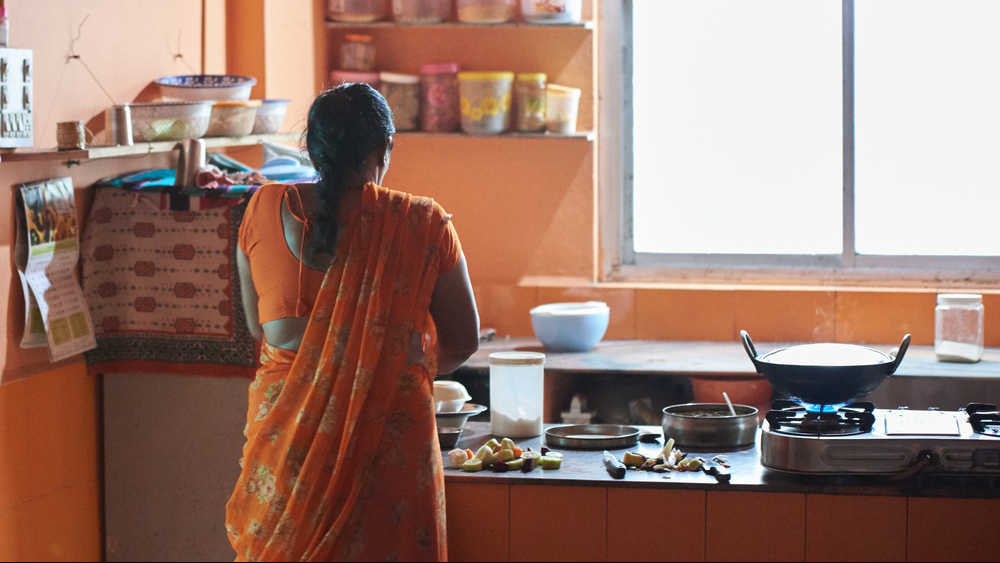
Support system: Women’s domestic labour -Women must have an equal stake in devising policy concerning their roles and rights
Women must have an equal stake in devising policy concerning their roles and rights

Recognition and appreciation by the powers that be need not guarantee meaningful change. For the latter to take place, women must have an equal stake in devising policy concerning their roles and rights. This, however, remains a pipe dream; the representation of women in Indian politics declined sharply from 23.1 per cent in 2019 to 9.1 per cent in 2021. The women’s reservation bill has been awaiting passage in Parliament for more than a decade. The absence of women in institutions of influence has led to other blind spots. There has, for one, been an alarming drop in the participation of women in the nation’s labour force; from 30.3 per cent in 1990, it plummeted to 20.3 percent in 2020. Social conservatism — women often leave the labour force so that they can perform household work — gender bias at the workplace, poor wage rates, absence of maternity leave and the lack of safety are some of the causal factors. Reversing the declining labour participation rate among women requires simultaneous interventions at multiple levels — greater enrolment of women in education, supportive families, sensitive legislation that secures employment guarantees and so on. But all of this can happen if the scale and the layers of the challenge are recognized first.

0 Response to " Support system: Women’s domestic labour -Women must have an equal stake in devising policy concerning their roles and rights"
Post a Comment
Disclaimer Note:
The views expressed in the articles published here are solely those of the author and do not necessarily reflect the official policy, position, or perspective of Kalimpong News or KalimNews. Kalimpong News and KalimNews disclaim all liability for the published or posted articles, news, and information and assume no responsibility for the accuracy or validity of the content.
Kalimpong News is a non-profit online news platform managed by KalimNews and operated under the Kalimpong Press Club.
Comment Policy:
We encourage respectful and constructive discussions. Please ensure decency while commenting and register with your email ID to participate.
Note: only a member of this blog may post a comment.